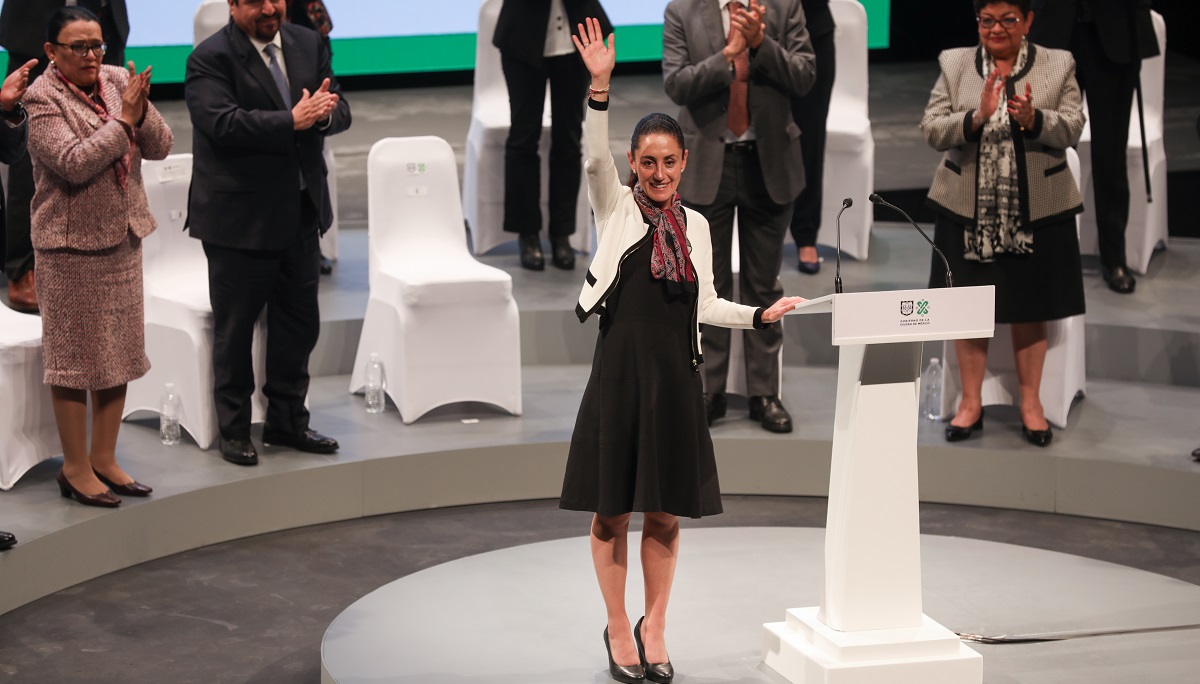Claudia Sheinbaum Elected as Mexico’s First Woman President
In a groundbreaking victory, Claudia Sheinbaum has been elected as Mexico’s first woman president, securing an impressive 58% to 60% of the vote according to Mexico’s official electoral authority. The former mayor of Mexico City achieved a landslide win, leading her main rival, businesswoman Xóchitl Gálvez, by approximately 30 percentage points.
Sheinbaum, a 61-year-old former energy scientist, will take office on October 1, succeeding her mentor, outgoing President Andrés Manuel López Obrador. In her victory speech, Sheinbaum emphasized the significance of her win for all women, stating, “For the first time in the 200 years of the [Mexican] Republic, I will become the first woman president of Mexico.”
Her campaign, heavily supported by López Obrador’s popular welfare programs, resonated with voters who wanted to see the continuation of his poverty alleviation efforts. Sheinbaum’s background in science and environmental activism, coupled with her tenure as Mexico City’s first female mayor, positioned her as a strong candidate dedicated to progressive policies.
The election, which also saw the selection of all members of Mexico’s
Congress, governors in eight states, and thousands of local officials, was marked by violence, with over 20 candidates killed across the country. Despite this, Sheinbaum’s victory represents a significant milestone in Mexican politics, particularly for women.
In her previous role as mayor of Mexico City, Sheinbaum focused on urban development and environmental issues. Her scientific background includes a doctorate in energy engineering and extensive research on climate change, which she plans to integrate into her presidency.
During the campaign, Sheinbaum committed to continuing López Obrador’s social programs while also addressing Mexico’s pressing security issues. She emphasized the need to tackle the root causes of violence by investing in welfare programs to prevent youth from joining criminal groups.
Regarding US-Mexico relations, Sheinbaum promised a “relationship of friendship, mutual respect, and equality” and vowed to defend the rights of Mexicans living in the United States. Her election marks a new chapter for Mexico, with hopes for progressive policies and strengthened international relations.
Her victory is celebrated not only as a personal achievement but as a monumental step forward for gender equality in Mexican politics. As Sheinbaum prepares to take office, she faces the dual challenges of continuing López Obrador’s popular initiatives and addressing the country’s ongoing issues with violence and crime.



